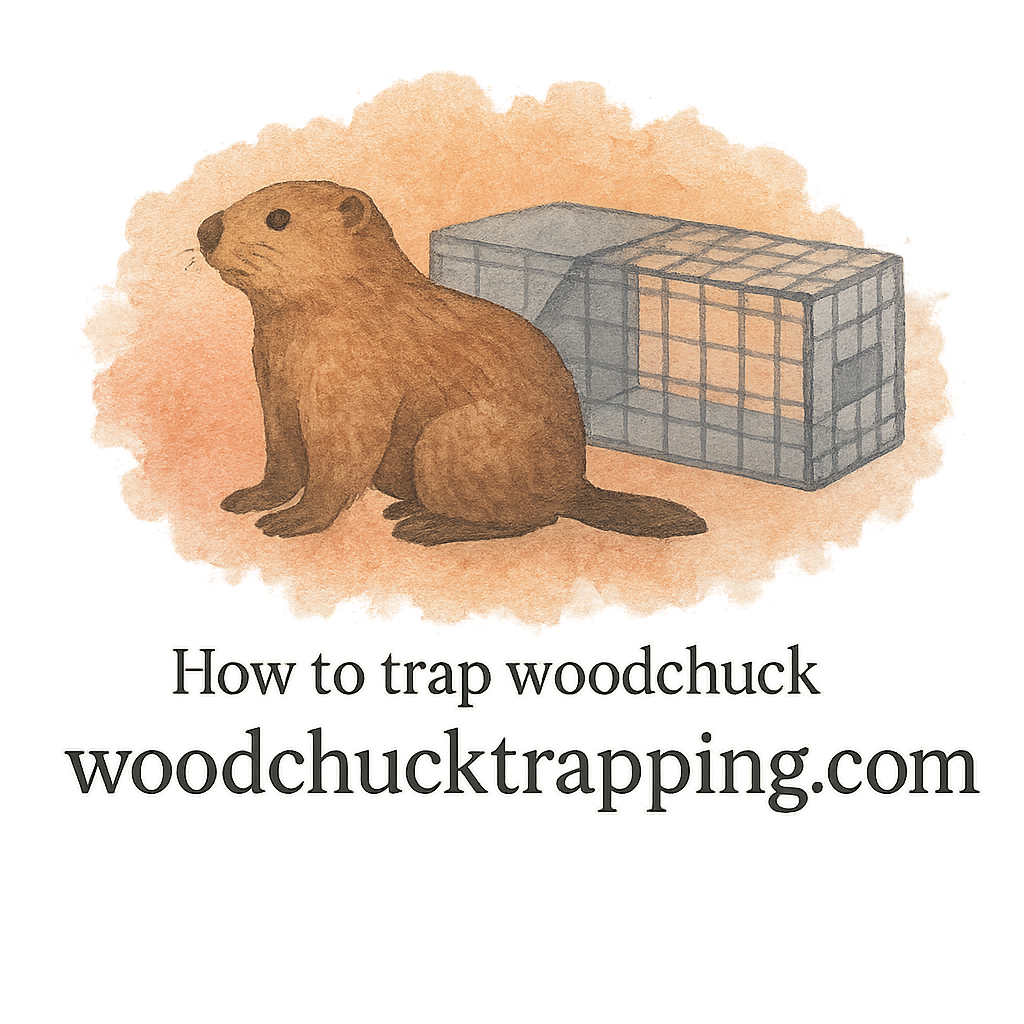Introduction to Woodchuck Problems
Got a sneaky woodchuck turning your garden into a buffet? You’re not alone. These furry creatures might look cute, but they can be a nightmare for homeowners. Before reaching for chemical solutions or calling pest control, let’s talk about five natural repellents that work wonders at driving woodchucks away — safely and effectively.
Why Natural Solutions Work
Natural repellents are an eco-friendly way to keep your property safe without harming the local wildlife. Plus, they’re budget-friendly and usually easy to apply. The trick? Targeting the woodchuck’s sensitive nose and behavioral instincts.
Understanding Woodchuck Behavior
Woodchucks (also known as groundhogs) are burrowing animals that feed on vegetation. They’re most active during the day and love to dig near structures, gardens, and sheds. Once they’ve found a cozy spot, they tend to stick around — unless something makes them feel unwelcome.
The Risks of Woodchuck Infestations
Yard and Garden Damage
Woodchucks will devour vegetables, flowers, and even bark from shrubs and trees. A single woodchuck can ruin a garden in days.
Burrowing Near Foundations
They dig extensive burrows that can weaken foundations, sidewalks, and fences. This can lead to structural damage over time.
Legal and Safety Concerns
In some states, relocating a woodchuck requires a permit. Always check local regulations or visit our guide on laws and safety.
Top 5 Natural Woodchuck Repellents
1. Castor Oil-Based Repellents
Castor oil is like kryptonite to woodchucks. It affects their digestive tract and makes the soil unpleasant.
How to Apply Castor Oil
Mix 1 cup of castor oil with 2 tablespoons of dish soap and a gallon of water. Spray generously around burrow entrances and affected areas.
Why It Works Against Woodchucks
The scent and taste irritate them, encouraging them to seek safer, tastier grounds.
2. Garlic and Hot Pepper Spray
This homemade remedy delivers a one-two punch of strong odors and irritation.
DIY Garlic-Pepper Spray Recipe
Blend 10 cloves of garlic, 1 tablespoon of crushed red pepper, and 1 quart of water. Let it sit overnight, strain, and spray.
Application Tips for Maximum Effect
Spray every 3–5 days, especially after rain. Focus on garden beds and entry points to burrows. For more scent-based techniques, check out scent baiting tips.
3. Predator Urine
The scent of predators like coyotes and foxes naturally repels woodchucks.
Types of Predator Urine That Work Best
Fox, coyote, and even bobcat urine are most effective. You can find these at garden centers or online.
How to Use It Safely
Use gloves when applying. Soak cotton balls or rags and place them around the perimeter. Explore more gear in our equipment reviews.

4. Ammonia-Soaked Rags
Ammonia mimics predator scent and irritates a woodchuck’s nose.
Simple Setup Steps
Soak old rags in ammonia and stuff them into burrow entrances. Replace every few days.
When and Where to Place Them
Place at dusk when woodchucks are likely inside. Avoid using near pets or edible plants.
5. Epsom Salt
Yep, that stuff in your bathroom cabinet doubles as a woodchuck deterrent.
How to Use Epsom Salt in Your Garden
Sprinkle around plants and burrow entrances. Rain will wash it away, so reapply weekly.
Other Benefits for Plants and Soil
Epsom salt adds magnesium to the soil, which benefits veggies like tomatoes and peppers.
Bonus Tips to Keep Woodchucks Away Naturally
Maintain a Clean and Clear Yard
Remove brush, tall grass, and woodpiles — all of which make perfect hiding spots.
Secure Trash and Compost Bins
Keep lids tight and clean regularly. Scents can lure woodchucks from afar. Learn more about minimizing attraction on our attract tag page.
Use Motion-Activated Devices
Water sprinklers and lights can startle and deter them effectively.
When to Combine Natural and Traditional Methods
Humane Trapping and Relocation
Sometimes, natural methods need a boost. Use humane traps and bait as outlined in our trapping techniques guide.
When to Call a Professional
If nothing works, or if there’s structural damage, consult a wildlife removal expert.
Conclusion
Woodchucks can be a real pain, but you don’t need harsh chemicals or cruel traps to deal with them. From castor oil to garlic sprays, these natural repellents offer a safer, greener way to reclaim your yard. Pair them with smart prevention and, when needed, professional help. You’ve got options — and now, you’ve got a plan.
FAQs
1. Do natural repellents really work on woodchucks? Yes, especially when used consistently and combined with good yard hygiene.
2. Can I use more than one repellent at a time? Absolutely! Layering methods often increases effectiveness.
3. Is predator urine safe around kids and pets? Generally, yes — but always apply carefully and keep out of reach.
4. How long do these repellents last? Most need to be reapplied every few days, especially after rain.
5. Are these repellents safe for my garden? Yes, most are garden-friendly. Just avoid spraying directly on food crops.
6. What signs show a woodchuck has left the area? No new droppings, fewer burrow activities, and untouched plants.
7. Where can I learn more about woodchuck control? Visit WoodchuckTrapping.com for detailed guides, reviews, and expert advice.


